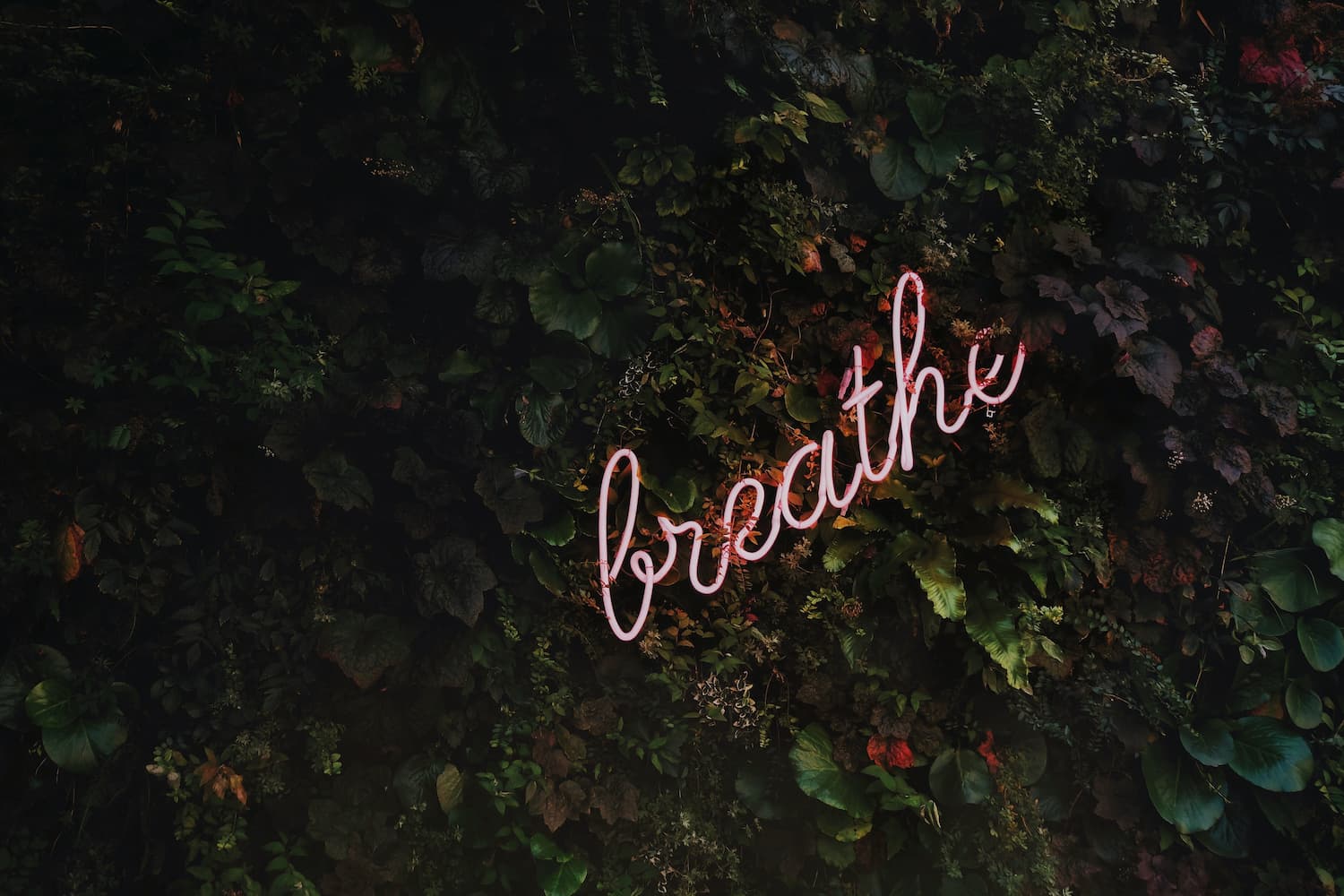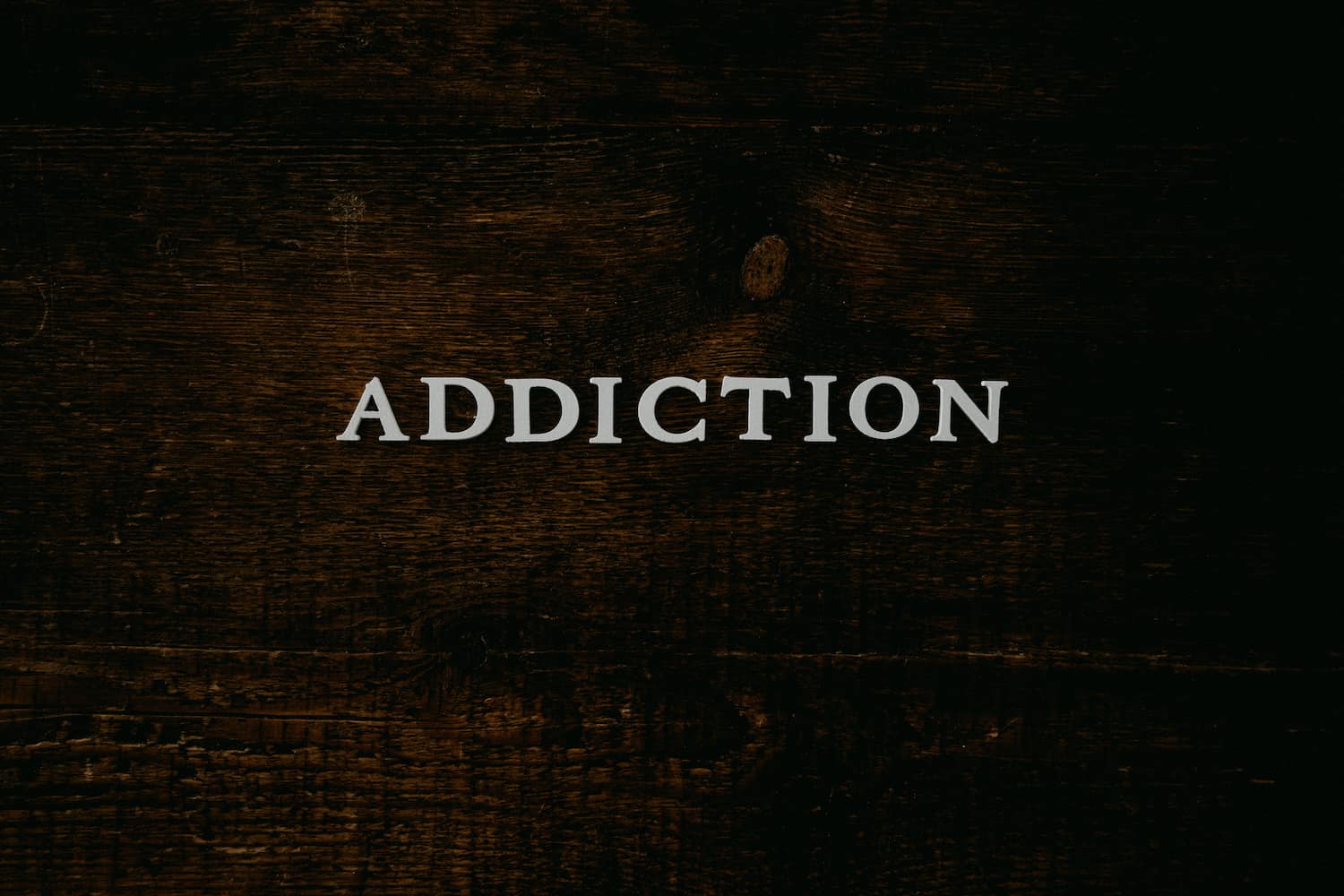Key Takeaways
- Halfway House Johannesburg is a drug and alcohol-free environment that is the final phase of treatment for addicts and alcoholics.
- Halfway houses help people re-integrate back into work, family and society as a part of their drug or alcohol aftercare rehab plan.
- Halfway houses offer valuable skills and support to help people transition after their addiction treatment
- It’s an intermediate step that can range from several months to a year, or more.
- For patients whose medical supervision needs are minimal.
- It offers a secure, sober living house that is used by patients who have completed an inpatient residential primary care, secondary care or outpatient addiction treatment programme.
- If a patient were to relapse (drink alcohol or use drugs) it’s likely they’d be referred back to an earlier phase of treatment or be asked to leave.
Halfway House Johannesburg Benefits
| Aspects | Halfway House Johannesburg Description |
|---|---|
| Also Known As | Also known as tertiary care or sober homes serves as a residential facility geared towards assisting individuals in addiction recovery. |
| Main Function | Functions as a bridge connecting inpatient treatment and independent living, offering a transitional zone for reintegration. |
| Benefits for Residents | Residents in Halfway House profit from a therapeutic environment fostering personal growth and honing vital life skills. |
| Primary Aim | The main aim is to offer a secure, substance-free space, enabling individuals to concentrate on recovery, well away from old temptations and triggers. |
| Work and Education | Sober homes grant residents chances to engage in meaningful work or chase educational goals, aiding societal reintegration and career or educational renewal. |
| Therapeutic Activities | Residents benefit from a range of therapeutic activities like one-on-one counselling, group therapy, and fellowship gatherings, fortifying their recovery and fostering a sense of community. |
| Accountability | A vital perk of dwelling in tertiary care is accountability to housemates, family, and a clinical team, encouraging active participation in one’s own recovery journey. |
| Shared Responsibility | This shared responsibility aids in keeping individuals on the right path, sustaining their sobriety, and opting for wholesome lifestyle choices. |
| Nurturing Environment | With a nurturing ambience and organised recovery mechanisms, sober homes arm those in recovery with the tools and base vital for long-lasting sobriety. |
| Sanctuary for Support | Functions as a sanctuary for continuous support and guidance, enabling a smooth transition back into society and a fulfilling, substance-free existence. |

What Is Sober Living?
Sober living is a concept that provides a safe and comfortable space for individuals in recovery from addiction to continue their treatment in an outpatient setting. These homes are designed to support individuals as they transition from a primary treatment facility, such as a residential rehab or inpatient treatment program, back into their daily lives.
Sober living homes offer a structured and supportive environment where residents can focus on their recovery journey while reintegrating into their daily routines, such as work or school. This prioritises the development of essential life skills, providing residents with the tools necessary for independent living and long-term sobriety.
One of the key benefits of sober living is the opportunity to build a supportive recovery community. Residents in these homes have the chance to connect with others who are also working towards a life of sobriety. This sense of community plays a crucial role in maintaining motivation, accountability, and a sense of belonging.
In addition to fostering a recovery community, sober living homes also prioritize the development of life skills. Residents learn practical skills such as budgeting, time management, healthy coping mechanisms, and effective communication. These skills are essential for individuals to successfully navigate the challenges of day-to-day life and maintain their sobriety.
Overall, sober living offers individuals a valuable opportunity to continue their addiction recovery journey in a supportive and structured outpatient setting. By providing a safe and comfortable space, fostering a recovery community, and building essential life skills, sober living homes play a significant role in supporting individuals towards long-term sobriety and a fulfilling life in recovery.
What Is Halfway House?
It’s a transitional living environment designed to support individuals recovering from addiction. These homes provide a structured and therapeutic setting where residents can continue their journey to sobriety while reintegrating into their daily lives. They offer a range of services and support to promote long-term recovery and help individuals develop essential life skills for independent living.
How Does Halfway House Johannesburg or Sober Living Work?
Sober living provides a therapeutic environment for individuals recovering from substance abuse and addiction. These homes offer a supportive community where residents can learn and practice life skills necessary for a successful recovery.
Living in a structured environment with guidelines in place helps individuals establish routines and develop a sense of stability. This structure encourages accountability and responsibility, essential elements in the recovery process. Residents are expected to contribute towards the maintenance and upkeep of the house, promoting a sense of ownership and responsibility.
 One of the primary benefits is the opportunity to meet new associations and be part of a recovery community. Interacting with individuals who are also on the path to recovery can provide valuable support and encouragement. Fellowship meetings and group therapy sessions may be organized within the community, providing additional opportunities for personal growth and development.
One of the primary benefits is the opportunity to meet new associations and be part of a recovery community. Interacting with individuals who are also on the path to recovery can provide valuable support and encouragement. Fellowship meetings and group therapy sessions may be organized within the community, providing additional opportunities for personal growth and development.
Living in a supportive environment offers a unique opportunity for individuals to build a sober life on life’s terms. With a focus on sobriety and personal development, this fosters a sense of camaraderie and accountability amongst residents.
These reintegration programs provide a structured and supportive environment where individuals can continue their journey of recovery from addiction. By embracing accountability and responsibility, residents can learn important life skills, develop positive associations, and become an active part of a recovery community.
What Do I Need to Qualify for Halfway House?
Individuals must meet certain criteria and go through an assessment process. The eligibility criteria vary from facility to facility, but generally, individuals must demonstrate a commitment to their recovery journey from substance abuse or addiction.
The assessment process typically involves an evaluation of the individual’s current needs and goals. This evaluation helps determine if this is the appropriate level of care for the individual. Some may require individuals to have completed inpatient treatment, many facilities also admit individuals who have not undergone inpatient treatment.
The evaluation considers factors such as the individual’s level of dependence, their progress in previous treatment programs if any, and their willingness to actively participate in the recovery process. The purpose of this assessment is to ensure that individuals who enter are ready and motivated to continue their recovery journey in a supportive and structured environment.
Overall, qualifying involves demonstrating a commitment to recovery and meeting the specific eligibility criteria set by the facility. By providing a safe and supportive environment, halfway house Johannesburg plays a crucial role in helping individuals transition from addiction to a sober and fulfilling life.
What to Expect at a Halfway House Johannesburg?
During their early recovery journey, they can expect a range of supportive services and a structured environment to aid in their transition to a sober life. The purpose of this phase of treatment is to provide individuals with a safe and supportive environment where they can continue their recovery from substance abuse.
Residents are offered a supportive community that understands the challenges of addiction and is committed to helping each other heal. The structured environment helps individuals develop essential life skills and routines that are necessary for maintaining long-term sobriety.
 Residents have access to qualified counsellors who provide guidance and support to address their specific needs and challenges. Group therapy sessions are also held, allowing residents to share their experiences and learn from others in similar situations. This group environment promotes camaraderie and fellowship, which are vital in the recovery process.
Residents have access to qualified counsellors who provide guidance and support to address their specific needs and challenges. Group therapy sessions are also held, allowing residents to share their experiences and learn from others in similar situations. This group environment promotes camaraderie and fellowship, which are vital in the recovery process.
This phase of treatment offers various services and amenities such as assistance with finding employment, educational opportunities, and referrals to other professionals, such as doctors or therapists, as needed. These services are designed to address the holistic needs of individuals in early recovery and provide them with the tools and resources necessary for a successful transition to a sober and fulfilling life.
This encourages personal growth, accountability, and a sense of community. It is an essential step in the journey towards lasting recovery from addiction.
How Long Do I Live in A Halfway House Johannesburg?
The duration of stay can vary depending on the individual’s needs and progress in their recovery journey. Relapse rates drop after 90 days and then again after 1 year. So depending on how long the patient has spent in Primary Care or Secondary Care and their individual circumstances, their stay will vary. We develop long-term treatment plans so a stay of around 3 to 12 months, isn’t unusual.
The suggested timeframe of 3 to 12 months allows individuals to fully immerse themselves in a therapeutic environment that supports their recovery from addiction. This extended period of time provides residents with the opportunity to develop essential life skills, establish healthy routines, and build a solid foundation for maintaining long-term sobriety.
By spending a significant time reintegrating, individuals have the chance to gain valuable insights, learn coping mechanisms, and practice relapse prevention strategies in a supportive and structured environment. This duration also allows for ample time for individual counselling sessions, group therapy, and fellowship meetings, all of which contribute to the individual’s growth and progress.
Ultimately, the length of stay in tertiary care will depend on the individual’s progress and readiness for transition back to independent living. The goal is to ensure that individuals are equipped with the necessary tools and support systems to thrive in their recovery and stay clean and sober.
How Much Does Halfway House Johannesburg Cost?
Costs vary depending on various factors. Factors that influence pricing include the location of the facility, the level of care provided, the amenities offered, and the type of program or treatment provided.
In addition to the basic cost of accommodation and meals, there are different types of fees. These fees may include program fees, which cover the cost of therapy sessions, group counselling, and other treatment services. Other fees may include administrative fees, application fees, and the cost of drug testing.
On average, the monthly cost is around R9,000 and can be higher, depending on the location and the level of care provided.
Remember that active addiction costs a lot more than treatment and recovery. Investing in recovery from addiction can lead to long-term sobriety and a more fulfilling life.
How Do I Find a Halfway House Johannesburg?
This is an important decision, after completing a substance abuse treatment program. These transitional living environments provide a therapeutic and supportive environment that can help individuals develop valuable life skills while maintaining their sobriety.
 There are several factors to consider. One of the key factors is the location, preferably in close proximity to support services, employment opportunities, or educational institutions. Additionally, considering the cost is crucial.
There are several factors to consider. One of the key factors is the location, preferably in close proximity to support services, employment opportunities, or educational institutions. Additionally, considering the cost is crucial.
Another factor to consider is the available amenities. Do they offer amenities such as recreational facilities, fitness centres, or educational programs? These amenities can contribute to a well-rounded recovery experience.
There are several resources available to help individuals find a suitable halfway house Johannesburg. Contact our addiction treatment center and support groups can also offer recommendations and guidance in finding a halfway house that meets the individual’s specific needs.
Overall, finding a halfway house Johannesburg that aligns with an individual’s recovery goals and needs is critical for long-term success in maintaining sobriety. Considering factors such as location, cost, and available amenities, and utilizing resources like online directories and local support groups, can greatly assist in this search process.
Halfway House Johannesburg Rules & Regulations
Sober homes have specific rules and regulations in place to create a supportive and structured environment for individuals in recovery. These rules are designed to create a safe space where residents can focus on their sobriety and work towards building a foundation for a healthy and fulfilling life.
Residents are typically required to adhere to certain guidelines and expectations. One common requirement is a curfew, which helps residents establish a routine and maintain accountability. Regular drug testing is also often a part of the rules, ensuring that individuals remain sober and committed to their recovery journey.
In addition to these guidelines, participation in therapy or support groups is a crucial aspect of the halfway house Johannesburg program. Residents are expected to actively engage in individual counselling and group sessions, as these provide a forum for addressing underlying issues and developing essential life skills.
By establishing these rules and expectations, it creates an environment where residents can focus on their addiction recovery. The supportive structure promotes accountability and responsibility, allowing individuals to develop the necessary tools for maintaining a sober lifestyle after addiction rehab. This combination of rules, regulations, and support helps individuals in recovery build a solid foundation for long-term success in their sobriety journey.
Benefits of Living in a Halfway House
One key advantage is the provision of a safe and supportive environment. These houses are specifically designed to create a space where individuals can focus on their recovery journey without the temptations and triggers that may be present in their previous living situations. With a strong emphasis on sobriety and accountability, Halfway House Johannesburg offer a protective and nurturing atmosphere that encourages personal growth and sobriety maintenance.
Another advantage is the opportunity to be part of a recovery community. Surrounding oneself with like-minded individuals who are also committed to their sobriety can provide a sense of belonging and support. This social network offers a chance for residents to connect, share experiences, and offer encouragement to one another, creating a sense of community and camaraderie.
 The structured living environment promotes responsible living. Residents are typically required to adhere to certain rules and guidelines, such as curfews and regular drug testing. This structure helps individuals establish healthy routines, develop self-discipline, and maintain accountability. By following these guidelines, residents are provided with tools and skills that are essential for long-term recovery and successful reintegration into society.
The structured living environment promotes responsible living. Residents are typically required to adhere to certain rules and guidelines, such as curfews and regular drug testing. This structure helps individuals establish healthy routines, develop self-discipline, and maintain accountability. By following these guidelines, residents are provided with tools and skills that are essential for long-term recovery and successful reintegration into society.
Sober homes offer a safe and supportive environment, the opportunity to be part of a recovery community, and a structured living environment that promotes responsible living. These benefits contribute to the overall success and well-being of individuals in early recovery, as they navigate the challenging journey of overcoming addiction.
Finding the Best Halfway House Near Me
If you or a loved one is seeking a long-term home for substance abuse recovery, conducting an online search is a great place to start. Search for “halfway house Johannesburg”, “halfway house near me,” “recovery community,” “sober living homes,” “residential rehab,” and “addiction treatment program,” you can find options that are conveniently located and suit your specific needs.
When searching, consider factors such as accommodations, individual counselling, group therapy, a supportive environment, and a strong emphasis on connection and community. Look for facilities that offer comfortable and well-maintained living spaces, as this can contribute to a positive and conducive environment for recovery.
Individual counselling can help address personal challenges and develop effective coping strategies. Group therapy sessions can provide opportunities for shared experiences and peer support, fostering a sense of connection and camaraderie.
A recovery community can provide a supportive environment and valuable resources. It is important to choose a facility that prioritizes building a strong sense of community and offers activities and events that encourage engagement and connection among residents.
Finding the best sober home near you involves an online search and calling us. Look at how much additional support they offer: individual counselling, group therapy, a supportive environment, and a strong emphasis on connection and community. Researching and selecting a halfway house Johannesburg that aligns with these criteria can greatly enhance the recovery journey.






